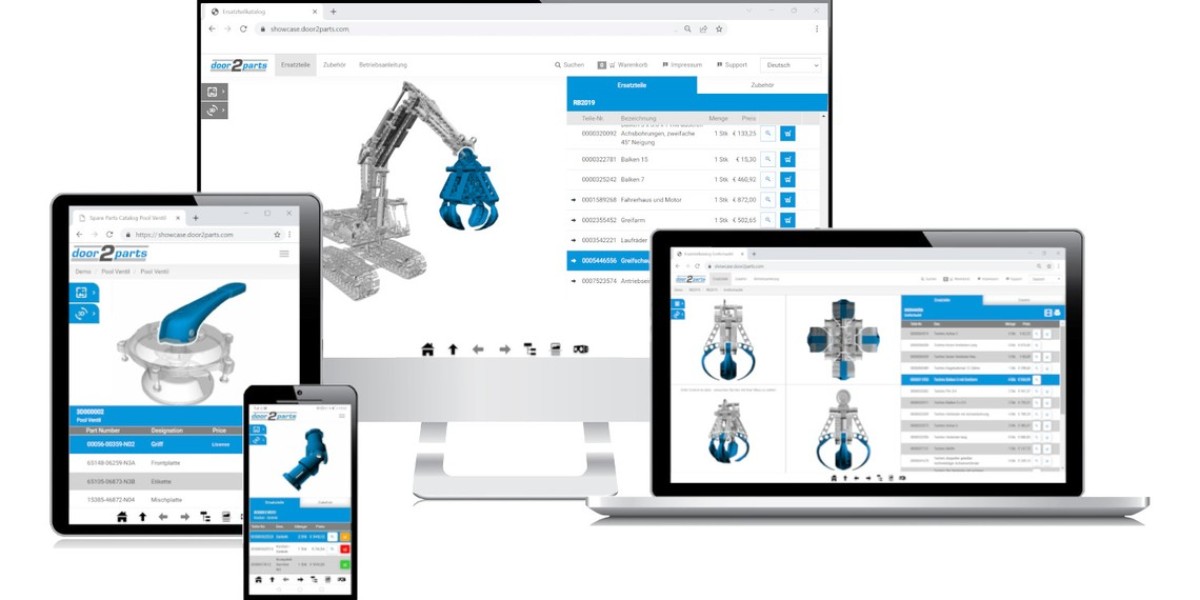Blockchain technology, originally developed as the underlying technology for cryptocurrencies like Bitcoin, has evolved into a transformative force across industries. Its decentralized, secure, and transparent nature makes it a powerful tool for enhancing efficiency and security in various sectors. In this article, we will delve into how blockchain is driving efficiency and security across a wide range of industries.
1. Supply Chain Management:
One of the most prominent applications of blockchain technology is in supply chain management. The traditional supply chain is often complex, fragmented, and prone to fraud and errors. Blockchain’s distributed ledger technology offers a transparent and immutable record of every transaction along the supply chain.
Each product can be assigned a unique identifier, such as a QR code, that links to its blockchain record. This allows consumers and businesses to trace the origin of products, ensuring their authenticity and quality. By automating and streamlining processes, blockchain reduces inefficiencies and the risk of counterfeit goods, ultimately leading to cost savings and improved trust within supply chains.
2. Healthcare:
Healthcare is another sector reaping the benefits of blockchain development. Patient records are sensitive and require secure storage, access, and sharing. Blockchain offers a secure and decentralized solution for managing healthcare data.
Patients can have control over their medical records and grant access to healthcare providers when needed, ensuring data privacy and security. This eliminates duplication of tests and procedures, reducing healthcare costs and improving patient care. Moreover, smart contracts can automate insurance claims, speeding up the reimbursement process and reducing administrative overhead.
3. Financial Services:
Blockchain’s impact on the financial industry cannot be overstated. It has the potential to revolutionize the way we conduct financial transactions. Cross-border payments, for example, are often slow and costly due to the involvement of multiple intermediaries. Blockchain enables near-instant settlement of transactions while significantly reducing fees.
Additionally, smart contracts on blockchain platforms like Ethereum automate complex financial agreements, such as loans and derivatives. This reduces the risk of fraud and errors, streamlines contract execution, and lowers operational costs. Financial institutions are exploring applications to enhance efficiency and security across various operations, from trade finance to asset management.
4. Real Estate:
Blockchain is simplifying real estate transactions by securely recording property titles and transaction history. Traditional real estate deals involve lengthy paperwork and the risk of fraud. Blockchain can streamline these processes, reducing the need for intermediaries and accelerating the transfer of property ownership.
Property records stored on a blockchain are tamper-proof and easily verifiable, ensuring the authenticity of titles and minimizing disputes. This not only enhances efficiency but also instills trust in real estate markets.
5. Voting Systems:
The security and transparency of voting systems are critical for the integrity of democratic processes. Blockchain-based voting systems offer an innovative solution. Each vote is securely recorded on a tamper-proof ledger, making it nearly impossible to manipulate election results.
Blockchain-based voting systems can provide voters with real-time verification that their votes were cast and counted correctly, enhancing transparency and trust in the electoral process. This can also reduce the cost of conducting elections by streamlining the verification and counting processes.
6. Intellectual Property and Copyright Protection:
Artists, musicians, and content creators have long struggled with copyright infringement and fair compensation for their work. Blockchain technology can timestamp and protect intellectual property, ensuring creators receive proper attribution and compensation for their creations.
Smart contracts on blockchain platforms allow for automated royalty payments, eliminating the need for intermediaries and ensuring artists receive their fair share of revenue. This encourages creativity and innovation while protecting the rights of content creators.
7. Energy Sector:
The energy sector is undergoing a transformation with the help of blockchain technology. It enables peer-to-peer energy trading, allowing producers of renewable energy to sell excess power directly to consumers. This cuts out intermediaries, reduces energy costs, and promotes sustainable energy sources.
Blockchain ensures transparent and secure transactions, verifying the source of energy and ensuring fair compensation for producers. It also facilitates the tracking of carbon credits, supporting environmental initiatives and reducing the carbon footprint.
8. Food Safety:
Food safety is a top priority for consumers and regulators alike. Blockchain can be used to trace the origin of food products, enabling quick identification and removal of contaminated or unsafe items from the supply chain. This not only enhances food safety but also builds consumer trust in the food industry.
Consumers can scan QR codes on products to access information about their journey from farm to table. This transparency reduces the risk of foodborne illnesses and improves recall processes in case of contamination incidents.
9. Identity Verification:
Identity theft and fraud are major concerns in today’s digital world. Blockchain solutions provides a secure and immutable way to verify identities. Users can control access to their personal data and grant permission only to trusted parties.
This reduces the risk of identity theft and streamlines identity verification processes for various services, from online banking to government applications. Blockchain-based identity verification systems are gaining traction as a secure and user-centric solution.
10. Government and Public Services:
Governments are exploring blockchain applications to enhance transparency and reduce corruption in various public services. Land registries, public procurement, and social welfare programs can benefit from the security and efficiency of blockchain technology.
Blockchain records can provide an indelible record of government transactions and expenditures, making it harder for corrupt practices to go unnoticed. Citizens can have greater confidence in the integrity of government operations, leading to improved governance.
Conclusion:
Blockchain technology is fundamentally changing the way industries operate by enhancing efficiency and security. Its transparent and tamper-proof ledger, coupled with the automation capabilities of smart contracts, offers innovative solutions to age-old problems. As blockchain adoption continues to grow, it is essential to address scalability, regulatory, and privacy concerns. Nonetheless, the future looks promising for blockchain, as it continues to drive efficiency and security across diverse industries, ultimately benefiting consumers and businesses alike.








